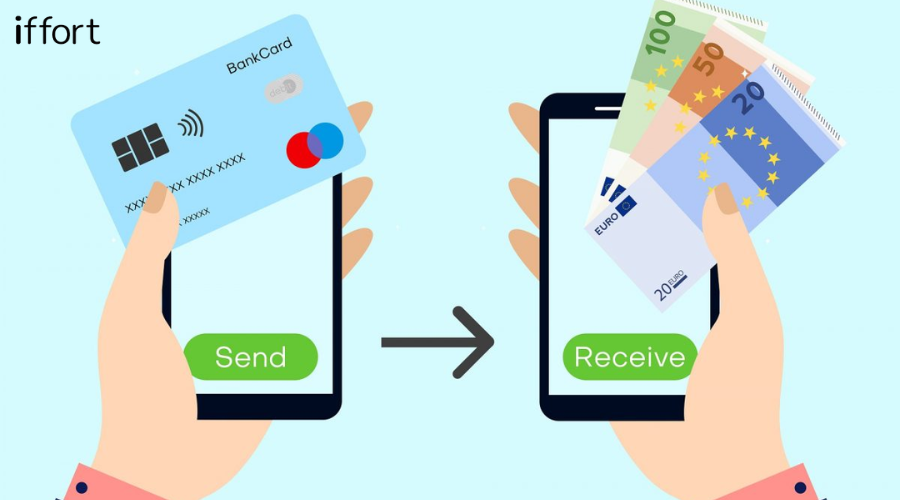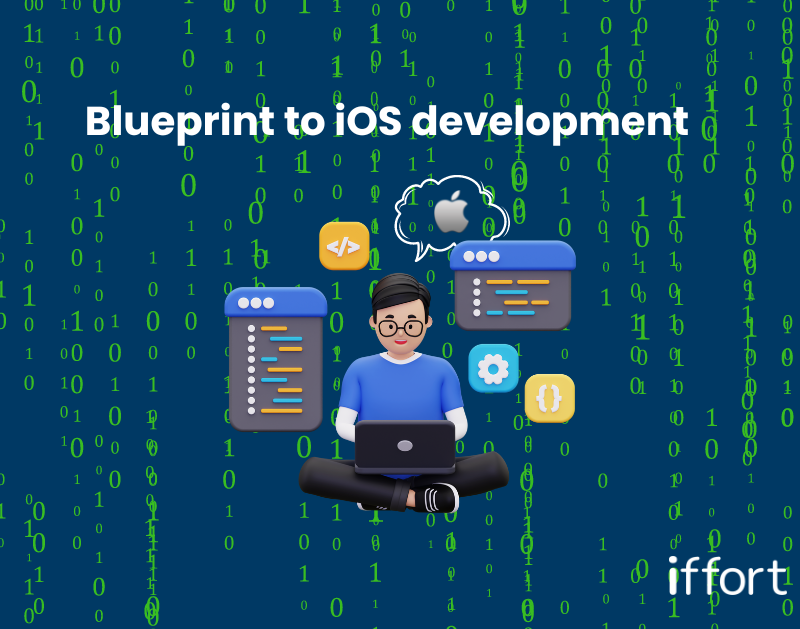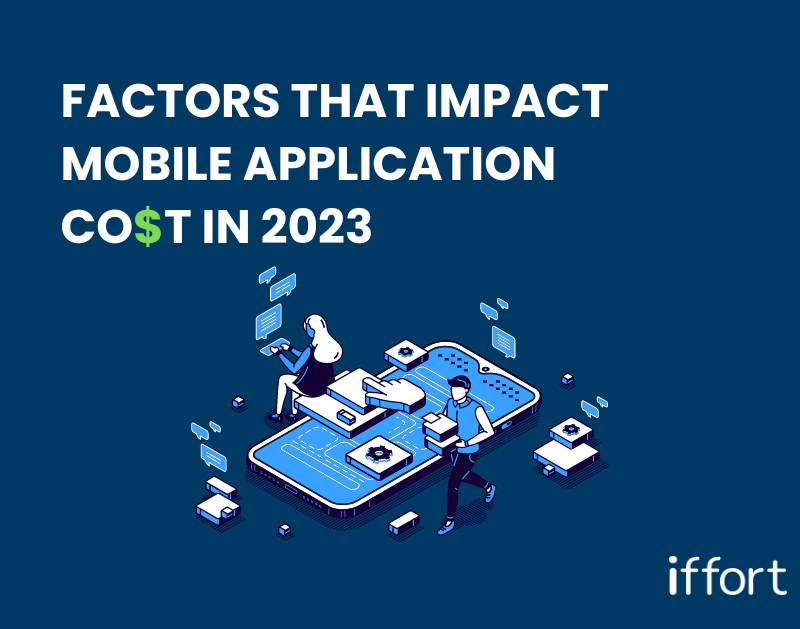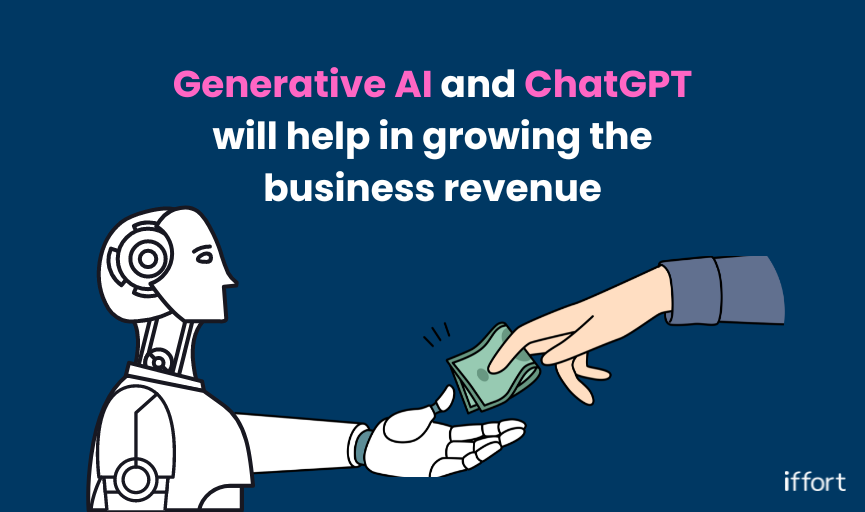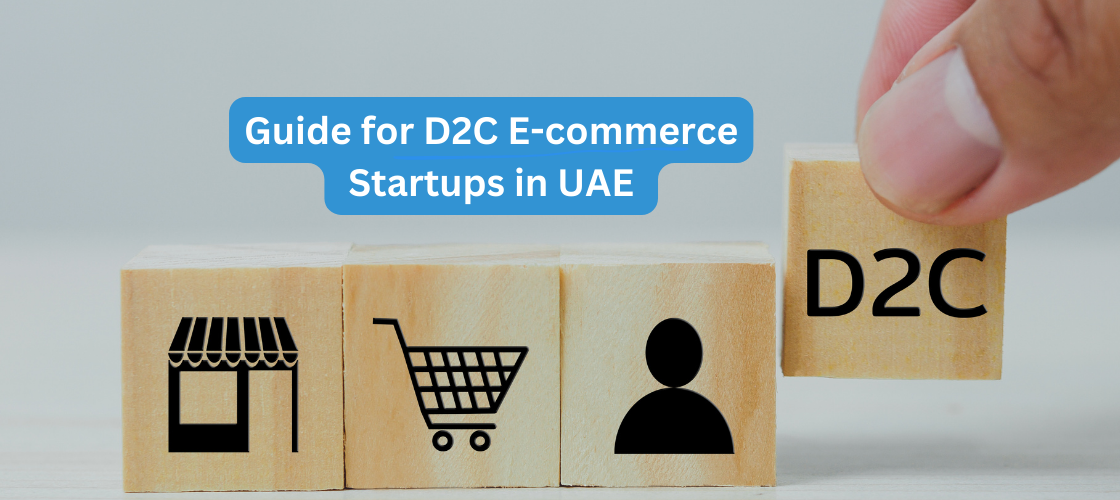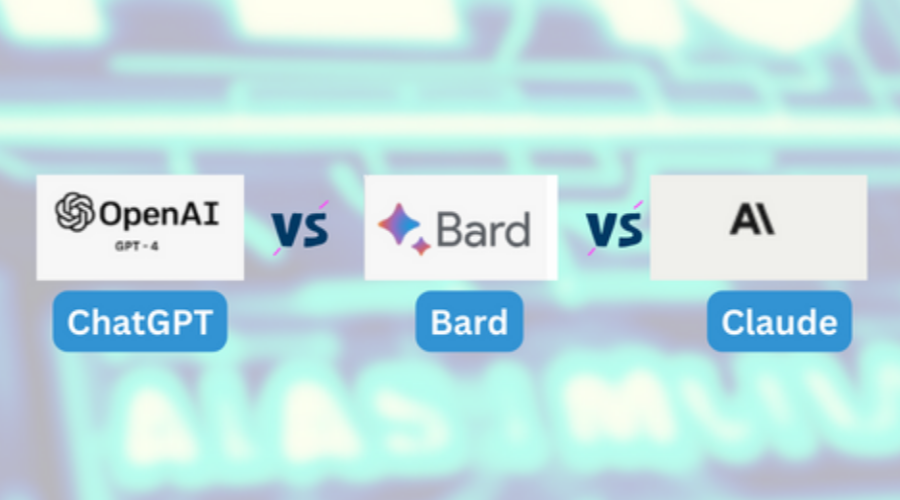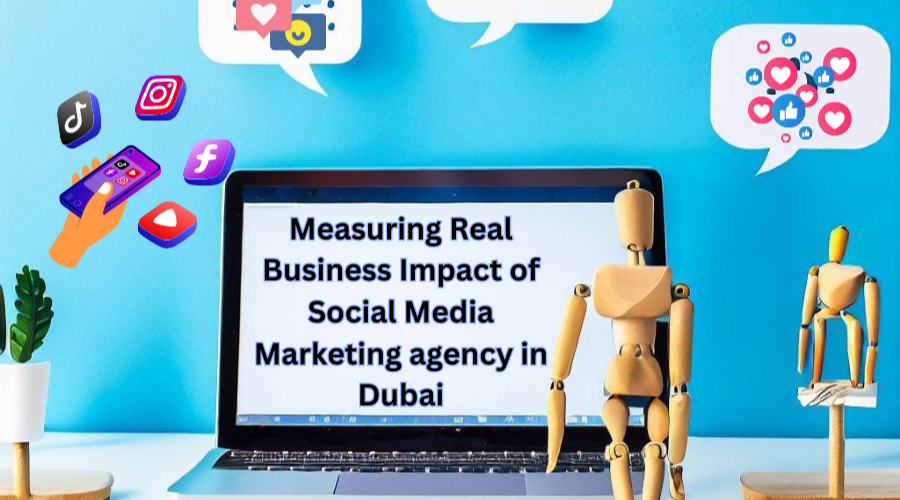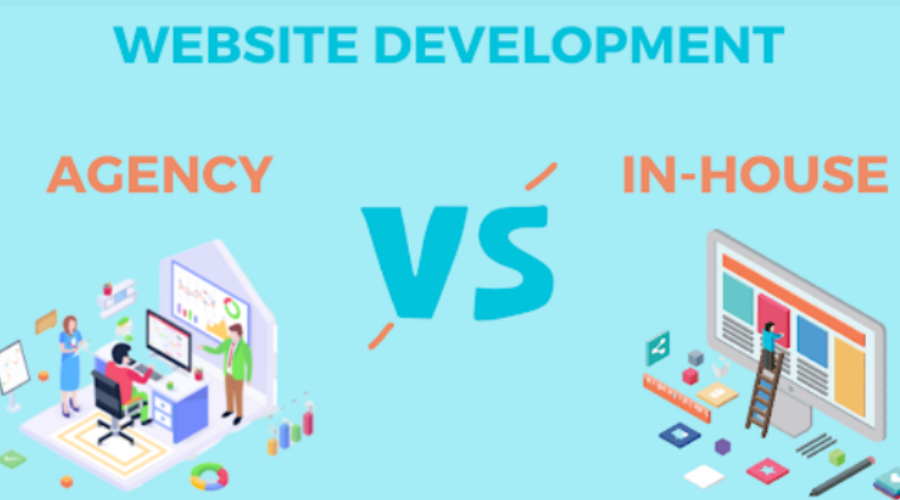- Blog
- Data Privacy Concerns in Facebook Ads Following IOS 14.5
- Articles , Digital Marketing ,
- June 29, 2022
The privacy measures Apple implemented last year with the release of IOS 14.5 have revolutionized the world of digital marketing. The IOS 14.5 update was a major step in the ongoing battle between Facebook’s data privacy and advertising capabilities by restricting access to data from Identifier Advertisers (IDFA) behind the new AppTracking Transparency Framework. The ATT requires each app to present a pop-up that allows users to voluntarily consent to app tracking. This means that no tracking will occur unless advertisers actively consent to the tracking opt-in option. Even if a user agrees to tracking, the advertiser must still deal with severe limitations in areas such as targeting and delivery, tracking and optimization, and attribution and reporting. According to statistics, up to 90% of users were declining access to app tracking, changing the strategies for successful
Challenges
- Facebook Pixels-Based Conversion Reporting Is Disabled
Advertisers are no longer able to assign multiple pixels to different domains or subdomains. Those who want to maintain this level of activity and granularity in multi-country targeting may need to separate top-level domains or transition to a single set of events across all markets.
- Campaign Conversion Rates Are Inconsistent
The new default attribution window will complicate measurement by contributing to underreporting on both organic and paid channels.When it comes to ad reporting data, there will be a three-day delay in data display for data from IOS 14.5 users. Advertisers may find it difficult to run ads due to a lack of data. Clients, for example, will only be able to see a few reported conversions, and unfortunately, conversion event breakdowns will not be available.
- Retargeting Audiences Have Shrunk
An advertiser can only use a total of eight conversion events per domain for optimization.This is probably bad news for small-scale advertisers who don’t have as many data points as the big players. Furthermore, as more people upgrade their operating systems to IOS 14.5, the size of Facebook retargeting ads for audiences will shrink over time.


How is iOS 14 affecting your Facebook ads?
- Subscriptions and in-app payments will be forced on businesses
To use this feature, Facebook or other apps with a similar business model will need to rely on personalized confirmation from the user’s end.
- Less effective and efficient marketing
If users opt out of tracking, the Facebook Pixel becomes ineffective for them. If all users on Facebook’s properties on an iPhone opt out of Facebook’s tracking, you will be unable to remarket to those individuals in the future on their mobile device.
- Ads generate fewer website sales
The trend toward de-personalized ads will have an impact on those looking to increase sales through Facebook. A loss of personalization, in particular, could result in 60% fewer website sales from ads.
- Ad revenue from Facebook app installs will decrease
The loss of remarketing and ad personalization will result in massive revenue reductions. It could result in a 50% drop in revenue from app install ads.
Final thought
People are becoming increasingly concerned about the type of data collected by their apps and want greater transparency. This means that advertisers must begin investing in alternative advertising methods, such as using contextual ads instead of algorithms that violate privacy rules. If history has taught us anything, it is that humans, like tech corporations, are extremely adaptable.


